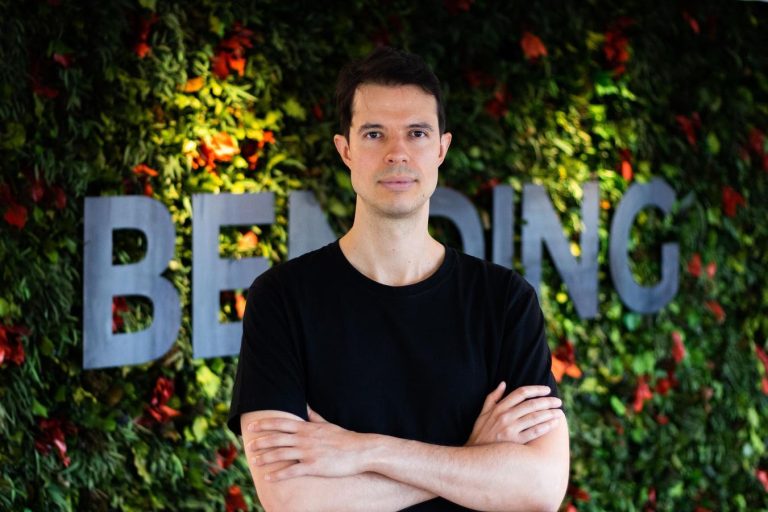Bending Spoon’s Luca Ferrari and his three cofounders started to acquire apps back in 2014. Fresh from signing a deal to buy AOL, a new funding round values their startup at over $11 billion.
Bending Spoons
Luca Ferrari bought his first app back in 2014 for just $10,000 with the hope that he and his three cofounders in Milan-based startup Bending Spoons could turn it around. A decade later, Ferrari has become one of tech’s biggest dealmakers, and a new billionaire, after a new funding round valued his startup at more than $11 billion.
Forbes estimates that Ferrari’s stake in the startup, which is named after a scene from the Matrix movie, is worth $1.4 billion, while his cofounders Matteo Danieli, Luca Querella and Francesco Patarnello each hold a $1.3 billion stake based on shareholder data published by the Italian Business Register.
The valuation comes from Bending Spoon’s fresh funding round of $270 million from investors including T. Rowe Price and existing investors Baillie Gifford, Cox Enterprises, Durable Capital Partners and Fidelity. There was also a $440 million secondary share sale by existing shareholders in the company. It’s unclear whether any of the cofounders sold stock in the secondary transaction.
Bending Spoons declined to comment on its cofounders’ stake but said in a statement that the new funding round would support future takeovers, and investment in its own technology and AI.
The startup, which is now one of Italy’s most valuable private companies, last raised at a $2.8 billion valuation in 2024. Its valuation has exploded after the company signed a string of deals including takeovers of video hosting tool Brightcove, fitness app Komoot and a $1.38 billion take private for the Nasdaq-listed video platform Vimeo in the last year.
The Milan-based company yesterday struck its biggest deal to date, buying American internet pioneer AOL from buyout giant Apollo. The terms of the deal were not announced but Bending Spoons also announced it had raised a separate $2.8 billion in debt to finance the takeover, and future transactions. Bending Spoons CEO and cofounder Ferrari told Forbes that the company was expected to make $1.2 billion in revenue this year.
Bending Spoons’ first big deal was buying the productivity app Evernote but has since branched out. “Our strategy is very clear and sharp but it doesn’t include any bias to any particular segment,’ says Ferrari.
That strategy involves Bending Spoons using debt to snap up apps, products and websites with healthy revenue but where growth has often stalled. In some deals, like Evernote, it seems to have followed a private equity playbook of cutting staff, and hiking prices, but Bending Spoons says it has also invested heavily to overhaul and expand other apps it has acquired, like Meetup.
Bending Spoons, which was largely self-funded until 2021, has drawn comparison to a buyout fund, and Canadian software consolidator Constellation ($52.2 billion market cap), but neither label fits, said early investor Peter Singlehurst of British fund manager Baillie Gifford. “They own and operate digital applications and are great at growing them very profitably because of the level of talent in the organization,” Singlehurst told Forbes.
The new round also makes Bending Spoons one of Italy’s most valuable private companies. If it were to be listed on the Milan Stock Exchange its current valuation would land it a spot on the FTSE MIB, the index of the 40 largest and most liquid companies traded on the exchange. And it’s the largest startup by far to have emerged from the country’s tiny startup ecosystem.
Only a handful of startups in Italy have become unicorns, including payments provider Satispay, Klarna-style lender Scalapay and insurance company Prima, which was acquired for $1 billion by European insurance giant Axa in July.
That first keyboard personalization app that Bending Spoons bought back in 2014 has long since disappeared from the App Store, but Ferrari said a decade on that the core of the business remains much the same: “We just do it in a more sophisticated way and at a much larger scale today.”


